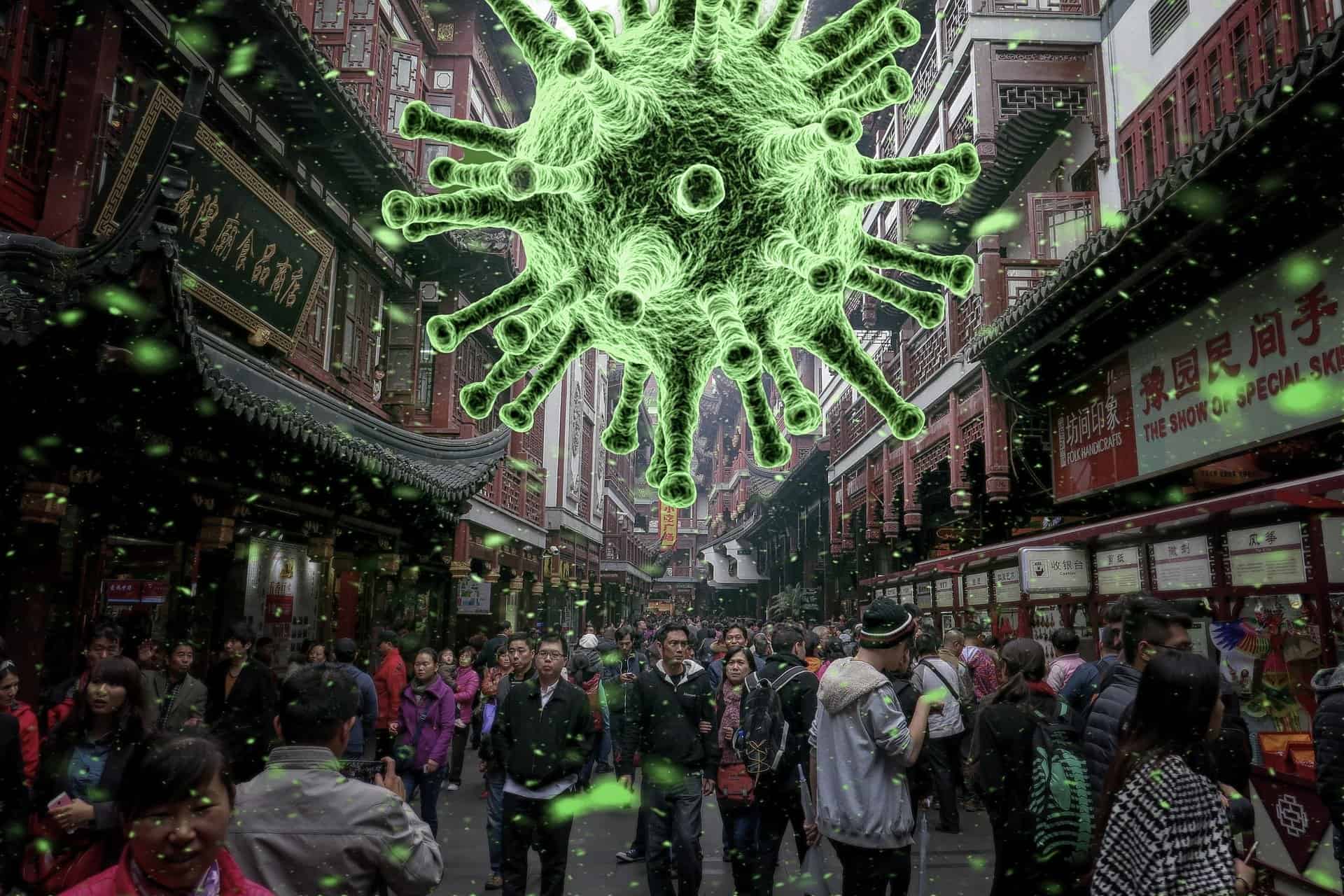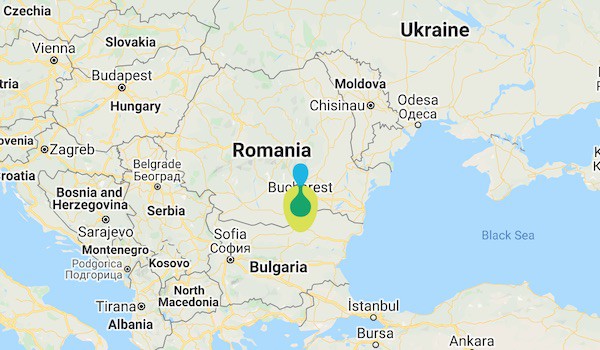In articles dedicated to analysing the validity of the link between “animal protein” and cancer, I explained why this association is deeply shallow. You can read the first part, explaining the difference between animal protein and plant protein, here, and the second part, explaining that dairy is not carcinogenic, here. Basically, while saying “the animal protein is a carcinogen”, you write on your forehead with a phosphorescent marker, “I do not know how digestion works in the human body”.
However, as I encourage all of my patients to be, I also invite you to be skeptical and read – of course, or not – the studies quoted in these articles. And although it is just an invitation to understand that animal protein in general and dairy products in particular are not carcinogenic, please take into consideration that regardless of long-held personal beliefs these foods consumption by patients diagnosed with cancer is helping them achieve better prognosis by supporting the effectiveness of oncology treatment and by counteracting side effects.
Epidemiological studies that analyse the carcinogenicity of meat consumption are made by evaluating the responses given by the respondents in that study compared to those who have declared that they have consumed and those who have declared that they have not consumed meat. There are answers given by some people questioned and believed on their given word. So the results of epidemiological studies:
- don’t show causality, epidemiology studies simply pointing out risk factors for the population questioned within that particular study – Ananth & Schisterman, 2017
- may differ from one study to another, depending on the actual memory and honesty of the individuals questioned in each particular study about what they have consumed in their youth or 1 year ago – a phenomenon long known and called „recall bias“ – Chavarro et al., 2009
- can be easily manipulated by omitting various bias factors, depending on the honesty, financial interests and personal beliefs of the researchers publishing these questionnaire studies – de Abreu Silva & Marcadenti, 2009; Fogelholm, Kanerva & Männistö, 2015
Starting from the fact that epidemiology is based, however, on the honesty of both researchers and study participants, there still remain two semantic issues – generated by the fact that the respondents answer the questions of the epidemiologists by basically reading words in a questionnaire.
1. How do we define the word “cancer”?
In most questionnaires, “cancer” is a diagnosis, but today we know there are countless completely different diseases called “cancer”.
– So eating any type of meat increases the risk of any type of cancer?
On specific types of cancer, studies indicate that:
- red or processed meat intake does not associate increased risk of renal cancer – Alexander & Cushing, 2009
- red meat intake does not associate increased risk of lung cancer – Gnagnarella et al., 2018
- meat intake is not associated with increased risk of multiple myeloma – Alexander et al., 2007
- meat intake does not associate an increased risk of prostate cancer – Bylsma & Alexander, 2015
- meat intake does not associate an increased risk of ovarian cancer – Crane et al., 2013
- the excessive intake of deli meats like sausage and hamburgers associates an increased risk of breast cancer, not the consumption of red meat in itself – Anderson et al, 2018; Boldo et al., 2018
- it is questionable if the risk of childhood brain cancer is associated or not with the consumption of sausage, hamburger or hotdogs by pregnant women – Pogoda & Preston-Martin, 2001;Huncharek, 2011; Henshaw & Suk, 2015
- excessive intake of red meat associates the increased risk of digestive cancers, but this correlation differs from one digestive segment to another:
- excessive red meat consumption associates an increased risk of esophageal cancer – Salehi et al., 2013
- the evidence that supports an the increased risk of gastric cancer by eating red meat, sausages or precooked meat – Zhao, Yin & Zhao, 2017
- there are sufficient epidemiological associations to support the increased risk of colorectal cancer by excessive consumption of red meat (Chan et al., 2011), although some studies point out that association seems to be valid only in distal colon cancer (Larsson et al., 2005; Bernstein et al., 2015)
- excessive red meat consumption does appear to increase the risk of pancreatic cancer in men, but not in women, and the correlation is inconsistent and only shows related to excessive intake not with normal intake – Zhao et al., 2017
- meat consumption is not correlated with an increased risk of liver cancer – Fedirko et al., 2013
2. How do we define the word “meat”?
Beef steak, turkey stew, pork meatball soup, grilled lamb, “mici” (a Romanian dish made from minced meat), chicken soup, hotdogs, hamburgers, schnitzels and the famous hot wings flying out of the overly used hot oil directly into the garlic mayonnaise – all are often put comfortably under the same “meat” label.
– But is Angus beef steak as carcinogenic as the hotdogs?
– Or the Mangalita pork meat as carcinogenic as the hamburger? And what if the hamburger is made of Angus beef?
– And what about quail, cock or pheasant meat?
The best answer based on „I will tell the truth, the whole truth, and nothing but the truth, so help me God“ is that we simply don’t know. Some giraffes want to see only green in front of their eyes, some ostrich – just sand.
What we know – at large – on specific types of meat is that:
- “white meat” intake does not increase or associate a moderate decrease in the risk of “cancer” – Kolahdooz et al., 2010; Maragoni et al., 2015; Etemadi et al., 2017
- “red meat” intake correlates with an increased risk of “cancer” – Domingo and Nadal, 2017
The words “white meat” generally define chicken, turkey or other poultry and fish. And the words “red meat” define generically “processed red meat” and “unprocessed red meat”.
– Now is all the red meat carcinogenic, no matter how little we consume?
First of all, any type of meat may be biologically pink or red depending on how sedentary that particular animal was (visible to the naked eye, looking at the piece of meat on our plate, or visible on the microscope, looking at the number and type of muscle fibres in the meat). Even wild fish has more red meat than farmed fish, simply because it swims more. Defining meat as white or red based on the species is pretty shallow.
Secondly, the words “processed red meat” generically define precooked products made of meat that has already been minced, such as hamburgers, hotdogs, salami, sausages, canned meat, liver pate, and fast food meat products. And the words “unprocessed red meat” generally define home cooked beef, sheep, pork and game meat, industrially unprocessed.
Studies that separate “red processed meat” from “red unprocessed meat” contradict the generic link between “red meat” and “cancer” (Larsson and Orsini, 2013; Anderson et al., 2018).
A systematic analysis published by Carr et al. in 2016 in International Journal of Cancer indicates that unprocessed red meat the normal intake does not increase the risk of cancer, not even in the case of colorectal cancer. This analysis shows that, in order to associate an increased in risk, the consumption of unprocessed red meat must be excessive and that the consumption of pork meat does not involve the increase of risk even when excessive, the risk being increased only by excessive consumption of beef or lamb.
Systematic analyzes that examined the association between the heterocyclic amines, polycyclic aromatic hydrocarbons or benzopyrene, formed in meat during cooking, and the carcinogenic impact of hem iron indicate only poor associations between red and processed meat consumption and increased risk of cancer (Kuratko et al., 2016).
So, the current scientific literature shows that:
- Generally, moderate “meat” consumption does not associate an increased “cancer” risk.
- Particularly, the consumption processed meat and the excessive consumption of beef or lamb meat are associated with an increase in the risk of certain types of cancer.
The problem with nutrition these days is that anyone who can chew is a nutritionist undercover, thus at the diametrically opposite pole of those recommending to cancer patients to avoid meat consumption, are the ones recommending to cancer patients to start a ketogenic diet – diet based on keeping carbohydrates intake as low as possible, “low intake” defined solely on the imagination residing within the self-proclaimed nutritionist’s pen. Nope, it’s not Dukan or Atkins, it’s pure Gigica diet, strictly tailored for you with tons of meat meant to starve away cancer.
The studies quoted in this article support the moderate consumption of lightly cooked or boiled meat as part of a healthy diet similar to the Mediterranean diet, not the recommendation of ketogenic diet for cancer patients – a recommendation made by those who elegantly offer illusions to cancer patients, understanding superficially or at all the oncological consequences of this extreme diet.
In my fourth book, I present in detail – with scientific arguments – that the ketogenic diet associates an increased risk of metastasis and recurrence, an increase in tumor aggression and the development of resistance to oncological treatment.
This is based on the current scientific data which:
- contraindicates ketogenic diet in any patient diagnosed with cancer (Erickson et al., 2017)
- recommends moderate meat consumption as part of a variety of dairy, cheese, eggs, fish, fruits, vegetables, seeds, grains, whole grains and quality oils (Schwingshackl & Hoffmann, 2014)
Moderate intake of high quality meat cooked the right way, not hotdogs or schnitzels eaten on the run.
Quoted studies
Henshaw, D. L., & Suk, W. A. (2015). Diet, transplacental carcinogenesis, and risk to children.





